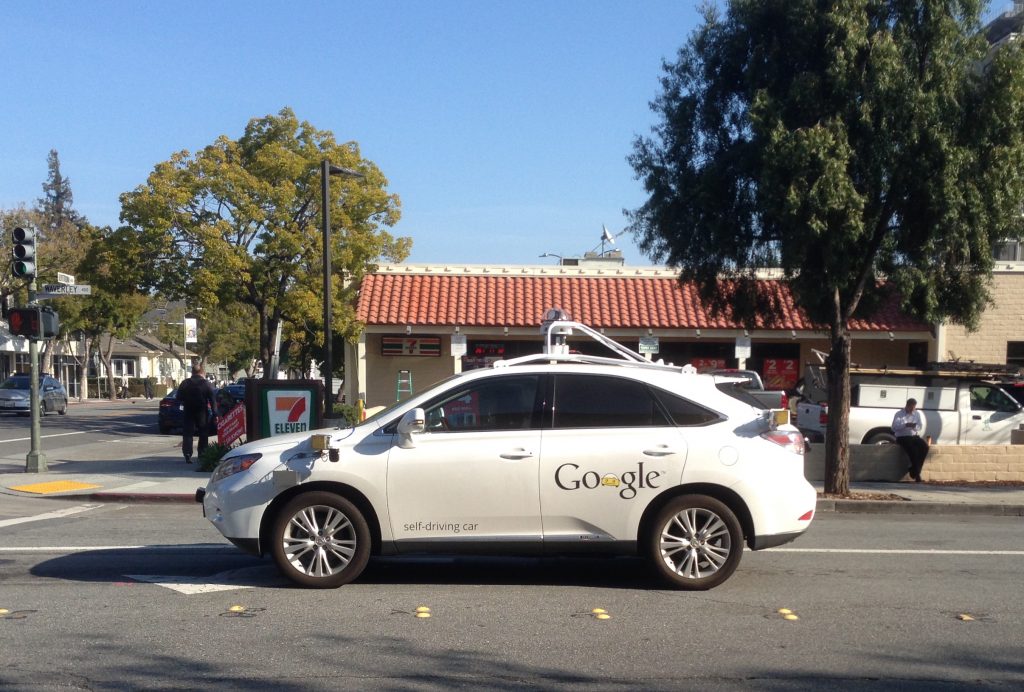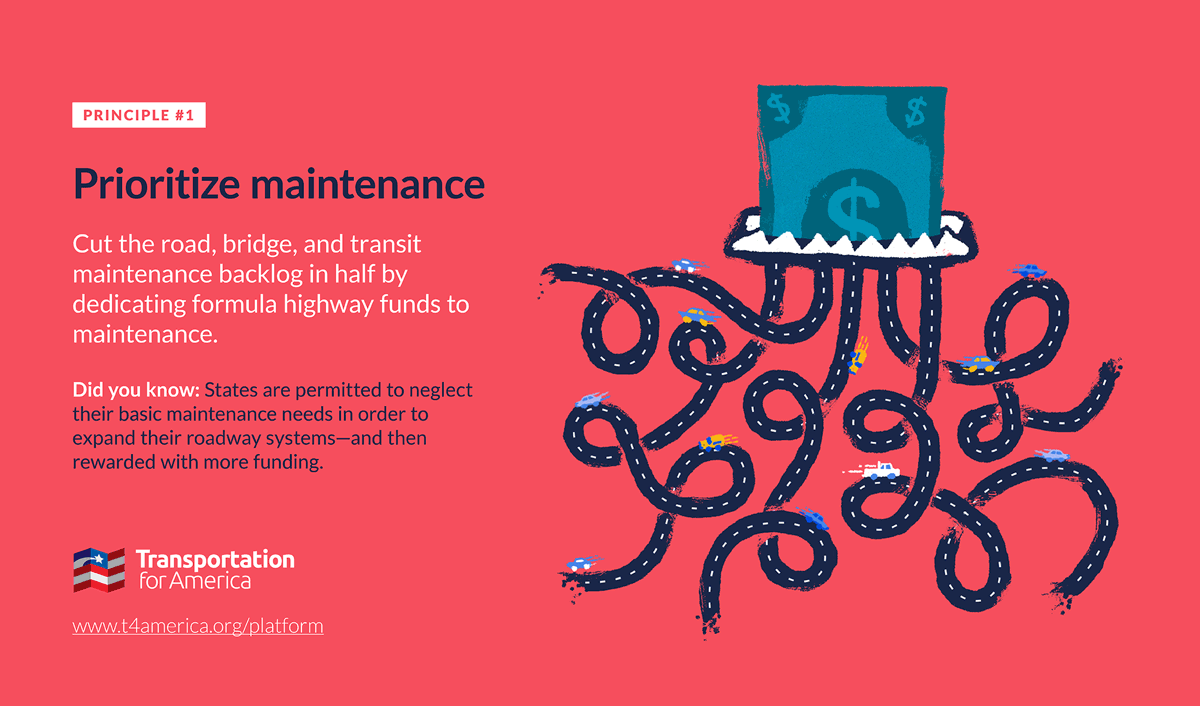Take action on Senate automated vehicles bill that would would leave cities, states, and the public in the dark
Congress is on the cusp of passing the very first federal law to regulate automated vehicles (AVs). Unfortunately, a Senate committee has produced a law that would leave cities, states, and the public in the dark while handing the keys to the industry.

Flickr photo by Ed and Eddie. Source
The AV START bill could put hundreds of thousands of AVs on the roads, preempt states and cities from having any oversight on how those vehicles operate, and keep the public from accessing any of the valuable data about where and how they are operating.
Thus far, Congress has hastily legislated on a complicated issue with impacts that will be felt for decades primarily by people and groups who were never invited into the room.
Any state and local laws for AVs could be at risk if they are found to be an “unreasonable restriction” — vague language that will almost certainly lead to costly legal battles.
For example, if a city wants to prevent empty AVs from endlessly circling their streets or keep them from operating on certain streets, they could be left with no recourse for setting local policies to do so.
When it comes to safety, cities (and others) also need access to data on these vehicles’ performance on their own streets. Is there a particular intersection that’s more dangerous than others for automated vehicles? They’ll have no way to find out on their own.
While the bill does require manufacturers testing AVs to report all crashes to the National Highway Traffic Safety Administration and produce a publicly available annual safety report, there are no requirements for sharing more robust real-time or near-real-time data with cities or states. This ensures that no one other than the private companies doing the testing will be able to learn anything from the massive amounts of data produced by the tests.
In order to create more hospitable conditions for all modes of travel — especially AVs — cities and states need these data to inform and optimize their planning, policymaking and operations to prepare for the coming wave of automation.
Take action and tell the Senate that they need to do better — this issue has the potential to dramatically reshape our cities in profound ways.




















Pingback: Today’s Headlines – Streetsblog St. Louis